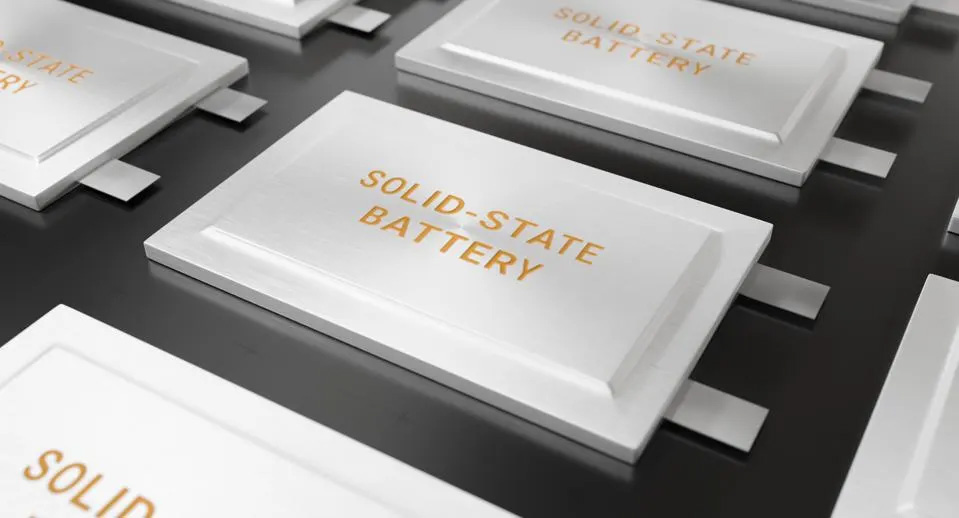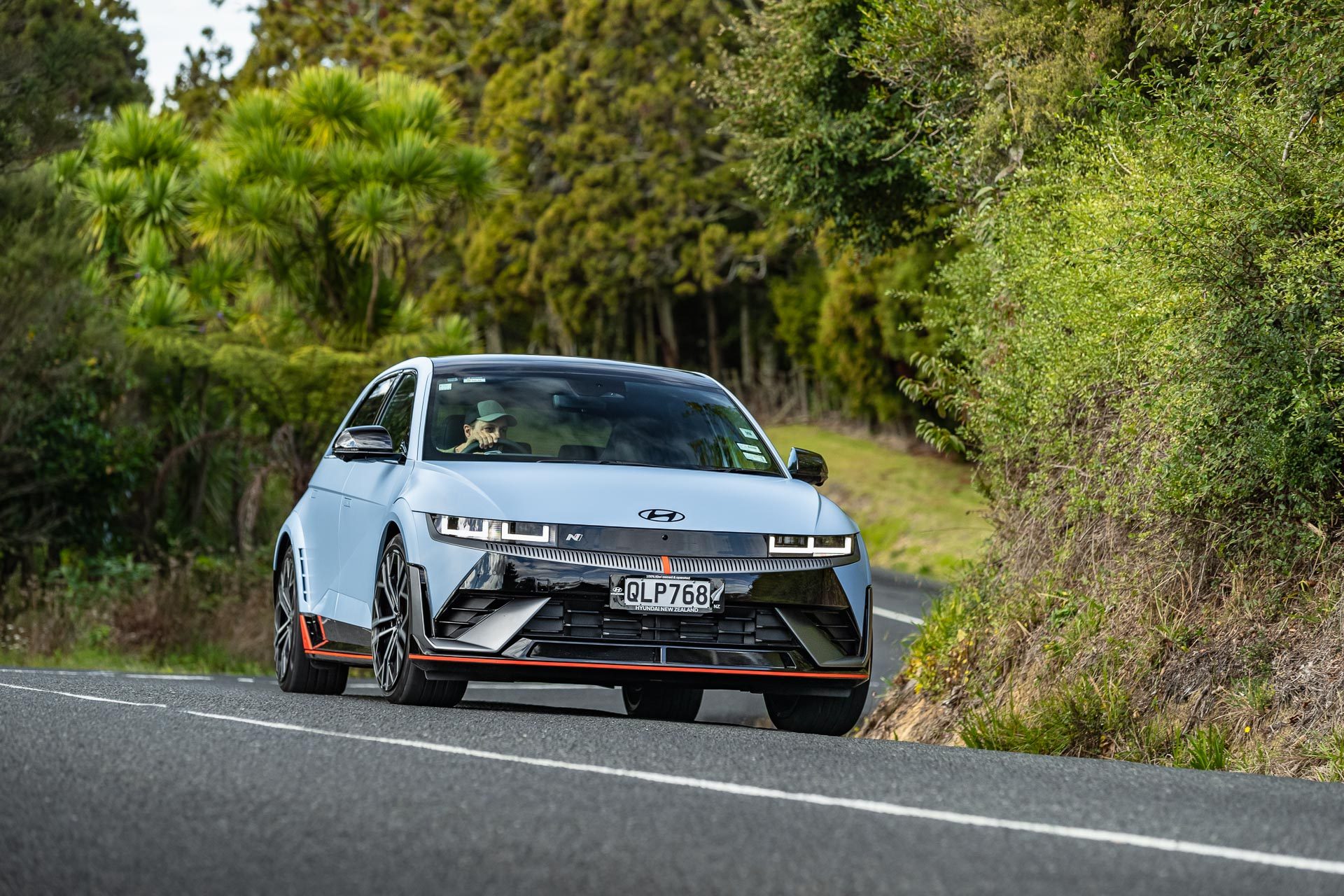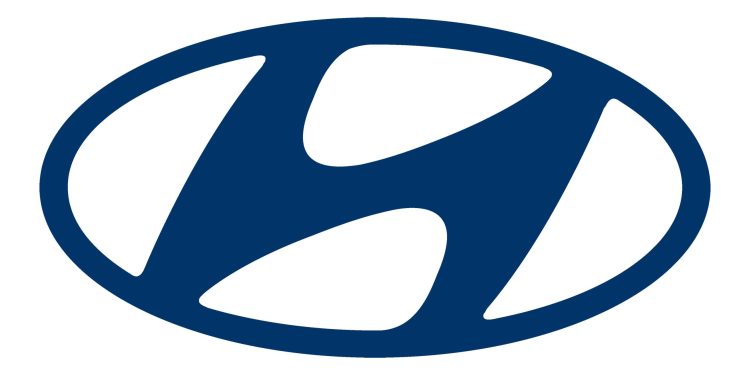Hyundai on fast track with solid-state battery tech
Words NZ Autocar | Images Forbes, Wikipedia, NZ Autocar
Expect longer range and faster charging from future Hyundais with solid-state batteries. The company is unveiling its first such battery pack imminently.

In about a month, the Korean firm is opening its Uiwang Research Center in Gyeonggi. There the next-generation batteries will undergo testing on a pilot production line. Hyundai is expected to outline the development and the timeline of the new “dream battery” at the opening of the research centre.
An EV using one of these new battery packs will begin testing this year, according to Korea’s ET News. Mass production of the packs is not scheduled to kick off until 2030, however.
Solid-state batteries are likely to change the way people think about electric vehicles. Compared with today’s lithium-ion battery packs, a solid-state unit is a significant uptick. It is more compact, lighter, and can hold more energy within the same capacity. Moreover, the electrolyte is less reactive than the liquid so is unlikely to ignite if the battery pack is punctured or heated.

In a Hyundai Ioniq 5, range could double from what is offered from today’s 84kWh lithium-ion pack. Alternatively, the weight of the pack could halve and its 500+km range be retained.
And finally, the arrival of these SS batteries would make Hyundai self-sufficient when it comes to battery supply. Currently it utilises packs from CATL, LG Energy Solution and others.





